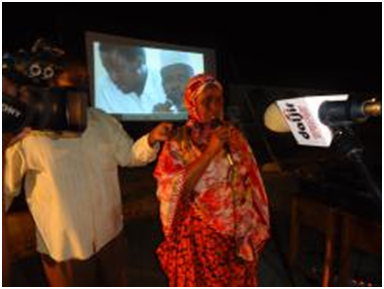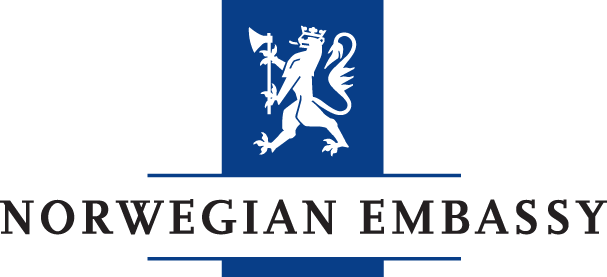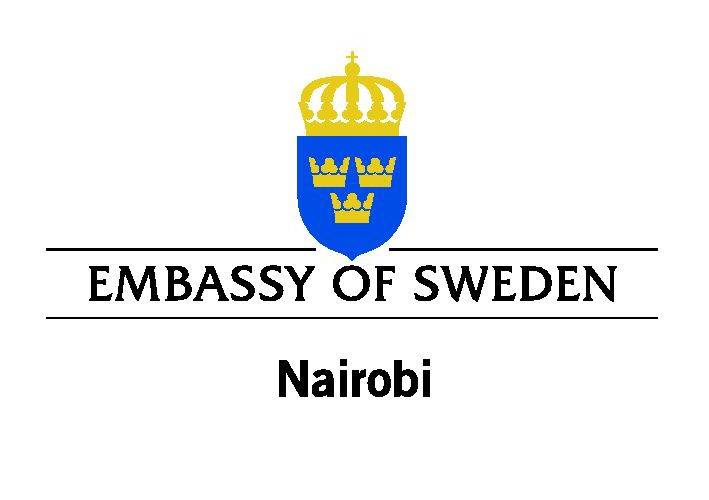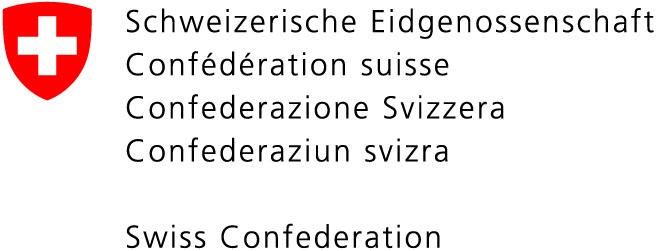Puntland: Women as front line peacemakers using poetry and video

Without women stepping in from both communities, the people of Ali Saleban and the people of Muse Saleban in the Bari region of Puntland, may still be tangled up in a prolonged inter-clan conflict that has been going on for three years.
Peace and the unique role of women
Historically, women have played a unique role in mediation and peacemaking in the Somali region. Women who have married into another clan have dual clan identity and therefore have access to cross defined clan lines in ways that are not available to men.
In times of trouble, they are able to pass goods and messages across territorial borders – often paving the way for more open channels of communication and, eventually, for more informed mediation and reconciliation efforts.
In some parts of Puntland, the role of women had been overlooked
During this inter-clan conflict between Ali Saleban and Muse Saleban, the traditional mechanism for negotiation with a central role being played by women had broken down, and the crucial ‘first lines’ of peacebuilding had subsequently been lost.
The Rako Reconciliation Process
It was not until the second round of peace reconciliation that took place in March/April 2012 in Rako that this historical peace-making role played by women was actually highlighted and restored.
Interpeace local partner PRDC applied creative thinking to the challenge of reconciliation
Initially requested to use video and photography to document the on-going reconciliation process, the Mobile AVU team from Interpeace local partner in Puntland, the Puntland Research and Development Center (PDRC), also managed to carefully cross very acute conflict lines in order to convey messages of peace among the two separate communities.
The three-year conflict had taken its toll
Women had traditionally married across clans, but here the three years of conflict had prevented any kind of relationship and cohabitation from taking root. It was also resulting in the disintegration of inter-married couples and families.
It has also hampered the delivery of any kind of social services, the access to natural resources and forced hundreds of people to relocate despite persistent drought.
Video footage plays an appropriate part in the process
Building on Interpeace/PDRC’s Participatory Action Research (PAR) methodology and long experience in using films as a compelling means of stimulating discussion and linking populations that are otherwise separated, the PDRC team organized five film-screenings for the wider communities in conflict. Over 1300 women, youth, villagers, nomads and militiamen from the two conflicting clans attended. Thousands of others tuned in on three local radios in Puntland.
Inspired by the success and lessons learned from the film screened by PDRC on another p eace process known as the Burtinle Peace Reconciliation Process, members of the respective audiences – namely women – started urging the two conflicting parties to find reconciliation.
Drawing on their creative talent
The women of the Bari region started to create peace messages. They did this by turning to poetry and songs. These illuminating messages from each side were documented and then compiled into short video clips by PDRC before being shared separately among the disputants’ communities.
The reactions of the different audiences were extremely enthusiastic and positive. They each conveyed the heartfelt desire of the community to live in peace, break the cycle of animosity and suspicion that still prevails, and the importance of laying the groundwork for a successful outcome of the reconciliation process. Today it is only the final stages of this process that remain to be implemented.
Abdurahman Abdulle Osman (Shuke), Director of Interpeace local partner, PRDC, concludes: An initiative such as this illustrates how inclusiveness and active participation is vital to the overall peace process. Women must continue to take on their historical role as peacemakers within their community. Only then can efforts to promote dialogue between conflicting parties become fully developed and sincere. Once this strong sense of ownership is found amongst the population, one can look to the on-going peace accord with a better feeling of assurance, success and sustainability.”
|
|
 |
 |
 |
 |
